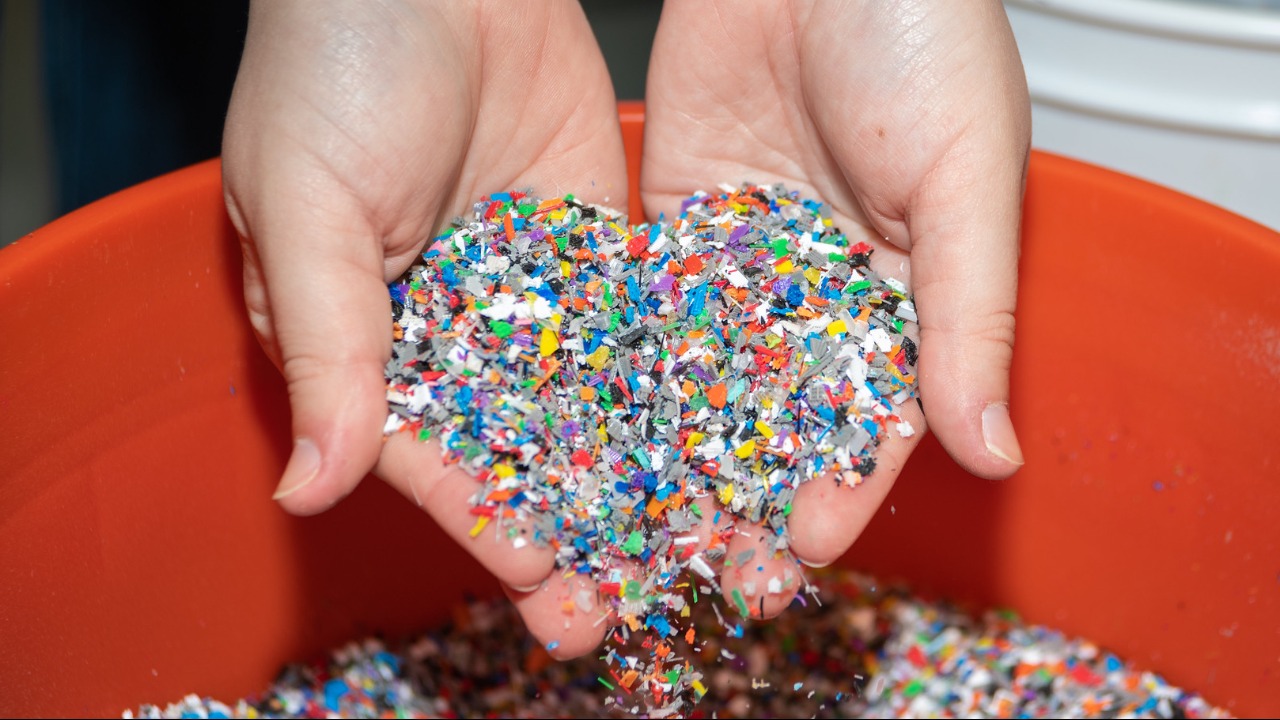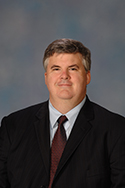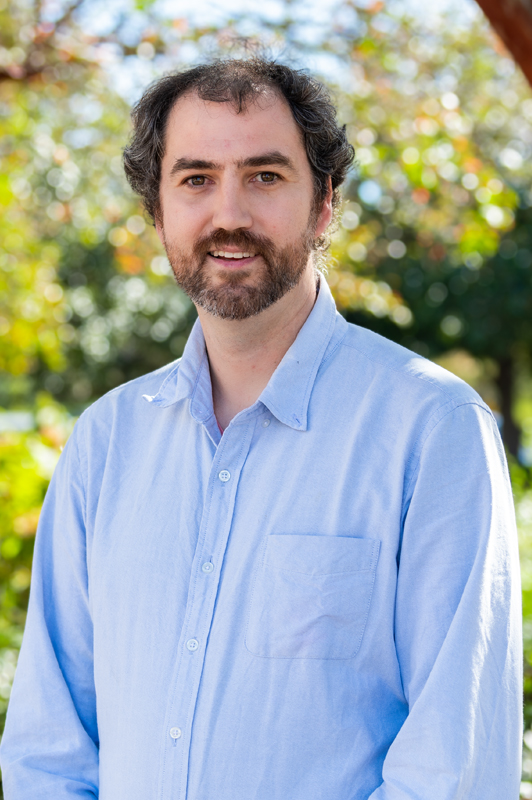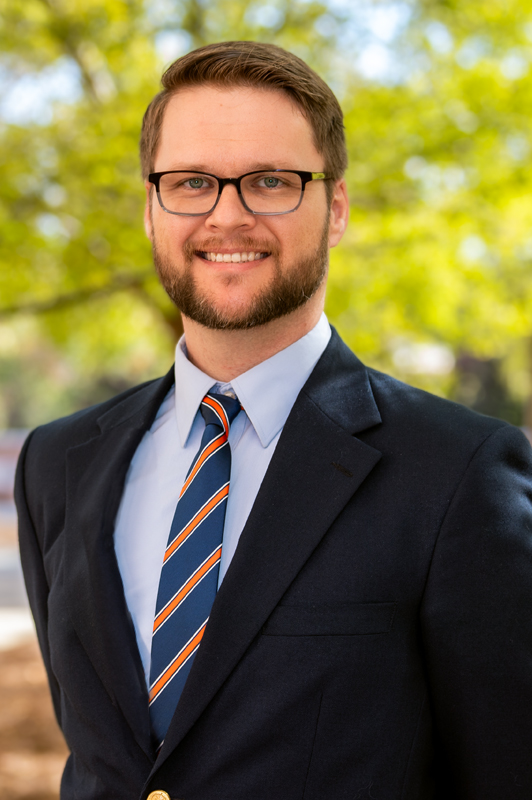NSF, NIST grants boost Auburn Engineering’s prominence in polymer sustainability
Published: Apr 26, 2024 9:00 AM
By Jeremy Henderson
If there's an academic institution currently more invested in preaching the importance and teaching the methods of polymer recycling than Auburn University, Ed Davis doesn't know what it is.
Davis, associate professor of mechanical engineering, is the principal investigator for two new awards — one from the National Science Foundation (NSF), the other from the National Institute of Standards and Technologies (NIST) — aimed at educating future polymer researchers as well as recycling industry professionals on the growing importance and evolving challenges of polymer recycling.
"Polymers have unique properties that have made them invaluable for transporting and packaging food like meats, juice pouches, cheeses and prepared foods, but you don't want them to wind up in the ocean or the environment," Davis said. "Recycling them is, obviously, one of the best ways to do that but then the question becomes, well, what are the best ways to do that?"
Davis is excited about helping to provide the answers. That it may also inspire a new generation of materials engineers? Even better.
His new NSF award, a $98,000 supplement to a 2021 $2.1 million multidisciplinary NSF Emerging Frontiers in Research and Innovation (EFRI) project funding research into novel ways for separating the materials used in typical multilayer plastic food packaging, will provide experience on real-world polymer recycling research projects to 10 area high schoolers.
"It's an eight-week program over the summer," Davis said. "Then, in February, they'll present their work at a conference in Washington D.C. to other researchers from across the country."
Co-Pis on the project are Virginia Davis, the Dr. Daniel F. and Josephine Breeden Professor in the Department of Chemical Engineering; Yucheng Peng, an assistant professor in the College of Forestry, Wildlife and Environment, Ruquing Miao, an associate professor of agricultural economics and rural sociology in the College of Agriculture; and Vijaya Rangari, a professor of materials science and engineering at Tuskegee Institute.
The three-year, $500,000 NIST award, meanwhile, aims to advance the circular polymer economy through multi-tiered workforce development in polymer metrology. The grant will go toward a new machine that couples thermal-gravimetric analysis with mass spectrometry to be housed in Auburn's Center for Polymers and Advanced Composites (CPAC).
"This will be very useful for looking at polymer recycling because you basically ramp the temperature to burn off the material and analyze it with the mass spectrometer data," said project co-Pi and CPAC director Bryan Beckingham, Mary and John H. Sanders Associate Professor in the Department of Chemical Engineering. "It's an interesting technique that we wanted to have in CPAC."
With the new equipment comes new educational opportunities.
"This fall, we're offering a class on polymer recycling and the plastic recycling value chain through the Department of Materials Engineering that will be taught by several of the investigators on the project according to our specialties," Beckingham said.
In addition to Peng and Miao, the project’s other co-Pi is Russell Mailen, assistant professor of aerospace engineering.
The curriculum will emphasize systems thinking and hands-on training modules that teach metrology and how to use equipment relevant to plastic recycling, as well the economic aspects of polymer recycling.
Davis said the grant will also fund an effort aimed at helping outside professionals in the plastics industry through a series of workshops focused on polymer recycling and circularity.
"The idea is to help them improve their testing capabilities and to truly see the importance and value of these processes in mitigating plastic waste," he said.
Beckingham agrees.
"Polymer sustainability," he said. "That's what this project is all about."

Aerospace senior Maggie Nelson sifts through pieces of recyclable polymers at the Center for Polymers and Advanced Composites.




